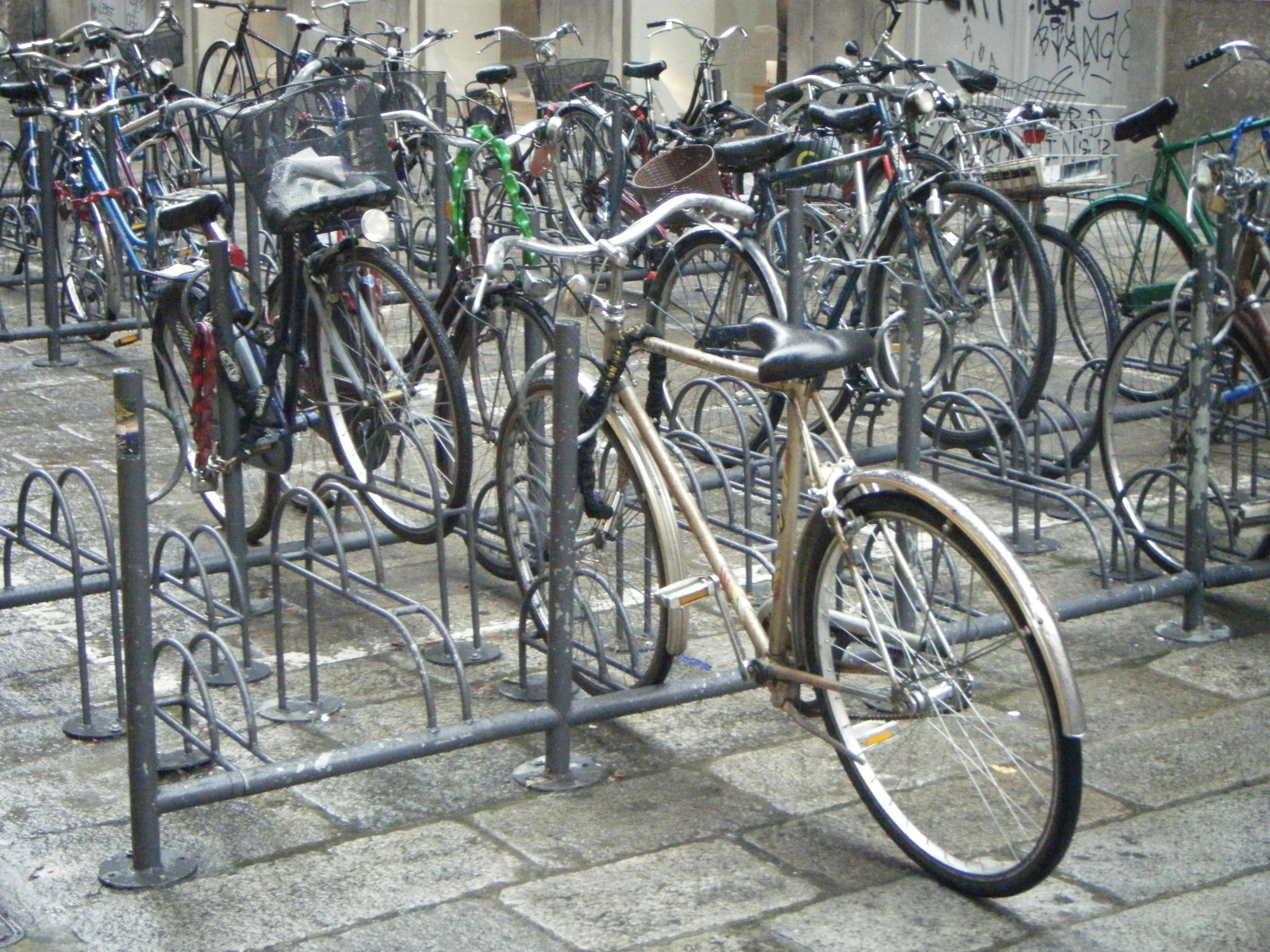Police in the Chinese city of Shanghai are using naming and shaming tactics to try and prevent pedestrians, moped riders and cyclists from breaking traffic rules. The police are filming and photographing key intersections and will publish photos and videos of jaywalkers in newspapers and on a special TV channel set up for the purpose. However some human rights lawyers have criticised the scheme, saying that public humiliation is too great a punishment for the offence.
July 19, 2012
Read time: 1 min
Police in the Chinese city of Shanghai are using naming and shaming tactics to try and prevent pedestrians, moped riders and cyclists from breaking traffic rules. The police are filming and photographing key intersections and will publish photos and videos of jaywalkers in newspapers and on a special TV channel set up for the purpose. However some human rights lawyers have criticised the scheme, saying that public humiliation is too great a punishment for the offence.








